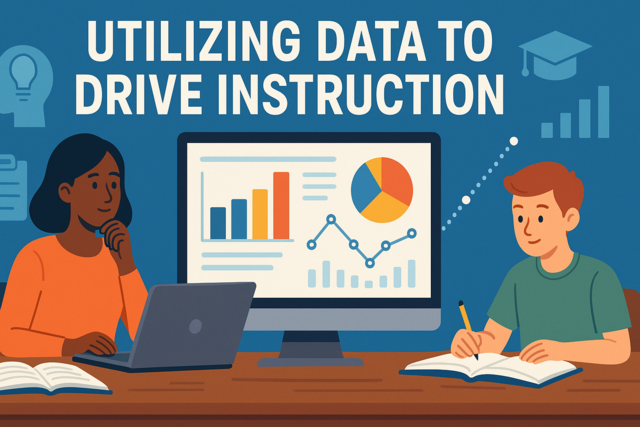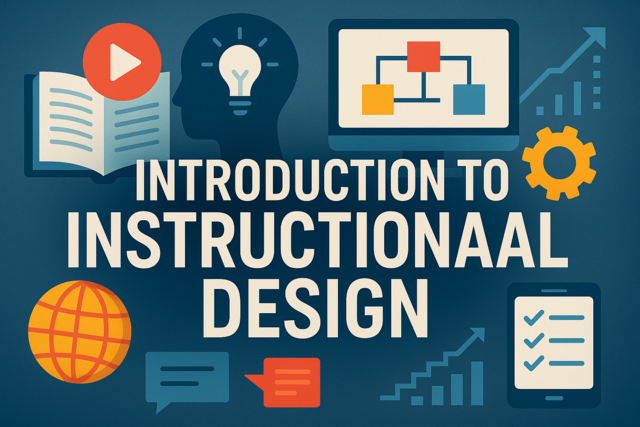Online Class: Behavior Management Techniques

no certificate
with CEU Certificate*
-
15Lessons
-
22Exams &
Assignments -
6Hours
average time -
0.6CEUs
Course Description
Unlock the transformative power of understanding behavior with our captivating "Behavior Management Techniques" course, where the intricacies of human actions unravel into opportunities for impactful change. In a world ever more interconnected and complex, the ability to manage behavior isn't just a skill—it's an essential approach to navigating personal and professional landscapes with confidence, understanding, and empathy.
Imagine stepping into a classroom or workplace where every interaction is empowered by insight and respect, fostering an environment where everyone not only succeeds but thrives. As a participant in this course, you will embark on an enlightening journey through the landscape of behaviorism, seamlessly weaving the foundational theories with cutting-edge applications. This isn't your typical online course; it's a vibrant tapestry that interlaces psychological principles with the latest technology to enrich your understanding and application of behavior management.
From the outset, you'll delve into the minds of pioneers whose theories offer the keys to unlocking human potential. The wisdom of these scholars lays the groundwork for revolutionary tools like gamification and personalized learning platforms—initiatives that you will explore and learn to apply to enhance motivation and cultivate ethical, nurturing environments. You're not just learning about behavior; you're learning how to reshape it for future generations, creating spaces where dignity and achievement go hand in hand.
Picture yourself mastering the art of incentivizing growth and nurturing responsibility. You'll gain insights into the profound effect of strategic rewards—be it a verbal acknowledgment or a tangible token—crafted to instill habits that last a lifetime. The ripple effect of these techniques extends far beyond immediate behavior, embedding a culture of development that equips individuals for life's varied journeys.
Our course is not about simply managing disruptions; it's about redefining them. The moments of challenge become the seeds of opportunity as you discover how to transform them into powerful learning experiences. By exploring cultural contexts and psychological frameworks, you'll develop the acumen to address classroom conflicts and professional roadblocks collaboratively, fostering an inclusive and respectful arena for growth.
With each lesson steeped in empathy and active listening, you'll learn to decode the silent language of behavior—understanding the unspoken cues and cultural nuances that shape each individual's actions. These insights aren't merely academic; they are essential tools for building bridges in diverse communities and forging connections that resonate with genuine compassion and understanding.
You will explore revolutionary, restorative practices that shift the paradigm from punishment to healing through structured dialogues and inclusive community efforts. These experiences empower individuals to comprehend the impact of their actions and embrace growth through understanding—reducing repeat offenses and enhancing satisfaction across environments, whether academic, familial, or communal.
In the ever-evolving world of data-driven decision-making, our course equips you with the necessary skills to leverage behavioral data for precise and personalized interventions. You'll master the fine art of setting SMART goals, harnessing technology to calibrate your approach and adapt your strategies to reflect each unique journey you're guiding.
Why settle for conventional when you can create classrooms and environments brimming with respect, inclusion, and diversity? We offer a panoramic view of behavior management, expanding your perspective to honor the broad spectrum of cultural and familial influences. Understanding these dynamics allows you to wield behavior management practices with empathy, precision, and effectiveness, making you an indispensable force for positive change.
Through practical mindfulness techniques, you will gain an edge in self-regulation and interactive empathy. Navigating personal and professional hurdles becomes less about reaction and more about intentional responses, fostering connections that are both meaningful and enduring.
Join us in shaping the future of behavior management. Our course offers not merely education, but a community—a movement toward a world where every interaction turns challenge into opportunity and potential into achievement. Embrace this transformative journey. Your path to becoming a beacon of insight, understanding, and effective management awaits. Enroll today and be part of shaping a future where growth is limitless and influence immeasurable.
- Completely Online
- Self-Paced
- 6 Months to Complete
- 24/7 Availability
- Start Anytime
- PC & Mac Compatible
- Android & iOS Friendly
- Accredited CEUs

Course Lessons
Lesson 1. Tracing the Trail: Foundational Insights into Behaviorism
As behavioral psychology intersects with technology and ethics, it evolves to inform innovative learning tools and responsible interventions. Modern applications, such as gamification and personalized learning platforms, utilize these principles to enhance motivation and retention while adhering to ethical guidelines ensuring participant dignity.Lesson 2. Incentivizing Success: The Role of Rewards in Education
By giving praise or rewards such as stickers or privileges, educators and parents effectively teach responsibility and accountability, creating lifelong habits. This method not only influences immediate behavior but also establishes a nurturing culture, enhancing personal growth and skill development.Lesson 3. Navigating Classroom Dynamics with Active Listening
Empathy and nonverbal communication are vital in behavior management, enhancing understanding and reducing conflicts when dealing with children. Attentive listening and cultural sensitivity create a supportive environment where behavior is managed collaboratively, fostering mutual respect and personal growth.Lesson 4. Navigating Classroom Disruptions for Positive Change
Understanding classroom conflict requires integrating psychological, social, and environmental perspectives to create thriving educational environments. By addressing unmet needs and cultural diversity, educators can transform disruptions into opportunities for growth.Lesson 5. Navigating the World of Behavioral Triggers for Positive Change
Identifying behavioral triggers is central to behavior management, involving the recognition of external stimuli and internal conditions that elicit responses. This understanding enables the creation of interventions that transform environments towards positivity, enhancing both personal growth and professional productivity.Lesson 6. Beyond Developmental Stages: Navigating Individuality in Students
Behavior management is enhanced through positive reinforcement and consistent expectations, empowering students to take responsibility for their actions. By involving students in setting classroom norms, teachers foster ownership, making adherence more likely.Lesson 7. The Delicate Balance of Motivational Forces in Education: Fostering Passion Within Structured Environments
In education, the delicate balance between intrinsic and extrinsic motivation shapes effective learning environments, where fostering lasting passion is as crucial as implementing external rewards. By understanding these dynamics, educators and parents can cultivate a lifelong thirst for knowledge that transcends academic settings.Lesson 8. Reimagining Conflict Resolution: From Punishment to Restoration
Restorative practices, through structured dialogue and community involvement, encourage individuals to actively reconcile their actions' impacts, leading to significant reductions in repeat offenses. Innovative and inclusive approaches like peer-led mediation and community building circles have shown to enhance engagement and satisfaction across diverse environments.Lesson 9. Empathy in Action: Transforming Behavior Management
Empathy is a key component in effective behavior management, promoting understanding and respect in educational settings and leading to supportive interactions. By focusing on emotional insights rather than punitive measures, educators can foster environments where students feel valued and engaged.Lesson 10. Strategic Insights: Leveraging Data for Tailored Behavior Solutions
Behavior management practices benefit from identifying specific key behavioral indicators and setting SMART goals, allowing for precise observation and measurement tailored to individual needs. Integration of technology in data collection enhances the accuracy and efficiency of goal setting and analysis, ensuring personalized interventions are successful and adaptable over time.Lesson 11. The Empowering Classroom: Encouraging Respectful and Inclusive Interactions
Positive classroom culture is built on mutual respect, clear expectations, and embracing diversity, forming the foundation for students to thrive. Through empathy and inclusivity, educators equip students with the tools needed for academic and interpersonal success.Lesson 12. The Essential Guide to Functional Behavior Assessment
Exploring the broader environmental and internal conditions behind behaviors, FBA articulates the complexities of individual students, empowering educators to design empathetic and precise interventions. Collaboration and communication between teachers, parents, and students pave the way for transformative behavior management strategies that honor the individual's experience.Lesson 13. Diverse Classrooms: Cross-Cultural Insights for Effective Teaching
Understanding and mitigating cultural biases in educational settings fosters an inclusive environment where diverse student backgrounds are acknowledged and appreciated. This awareness allows educators to adapt behavior management strategies, enriching student engagement and preventing misinterpretations.Lesson 14. Mindfulness in Action: From Impulse to Intention
At its essence, mindfulness is the art of living in the present, aiding in behavior management by promoting self-regulation and empathetic interactions. By adopting practices like body scanning and mindful breathing, individuals can navigate challenges with clarity, reducing impulsive reactions and enhancing relationship dynamics.Lesson 15. Shaping Behavior through Understanding Diverse Families
Cultural, economic, and technological elements interact to shape family dynamics, affecting an individual's behavior within various settings. By acknowledging these influences, behavior management techniques can be applied with greater empathy and effectiveness, catering to the nuances of each family structure.
Learning Outcomes
- Demonstrate an understanding of the ethical considerations within behavioral psychology by identifying and describing key ethical standards and their application in behavioral interventions.
- Define classical and operant conditioning and explain how they are utilized to enhance learning and behavior management.
- Demonstrate the ability to assess and customize reinforcement strategies based on individual student preferences and motivational drivers to optimize learning outcomes.
- Identify and apply at least three positive reinforcement techniques in a classroom setting to enhance student engagement and responsibility.
- Demonstrate active listening techniques by using paraphrasing and clarifying questions to validate and understand students' emotions and perspectives.
- Identify and implement nonverbal communication strategies such as eye contact, posture, and gestures to foster a respectful and attentive classroom environment.
- Analyze the impact of integrating project-based learning on students' engagement and behavior, demonstrating the ability to foster constructive resolutions to classroom conflicts.
- Define how self-determination theory can be applied to reduce classroom conflicts through the recognition of students' needs for autonomy, competence, and relatedness.
- Define and categorize behavioral triggers as either internal or external, utilizing detailed case examples for distinction.
- Monitor and document patterns of behavior to accurately identify triggers, implementing effective, tailored interventions in response.
- Define and exemplify the developmental milestones associated with different student behaviors and identify appropriate support strategies to foster positive learning outcomes within those stages.
- Recognize and adapt to individual student behavior patterns, considering cultural, emotional, and situational factors, in order to implement effective behavior management strategies that enhance classroom dynamics.
- Define the differences between intrinsic and extrinsic motivation by analyzing real-world examples discussed in the lesson material.
- Demonstrate mastery of lesson content at levels of 70% or higher.
Additional Course Information

- Document Your Lifelong Learning Achievements
- Earn an Official Certificate Documenting Course Hours and CEUs
- Verify Your Certificate with a Unique Serial Number Online
- View and Share Your Certificate Online or Download/Print as PDF
- Display Your Certificate on Your Resume and Promote Your Achievements Using Social Media

Choose Your Subscription Plan
No Certificate / No CEUs
This course only
| Includes certificate | X |
| Includes CEUs | X |
| Self-paced |

|
| Instructor support |

|
| Time to complete | 6 months |
| No. of courses | 1 course |
Certificate & CEUs
This course only
| Includes certificate |

|
| Includes CEUs |

|
| Self-paced |

|
| Instructor support |

|
| Time to complete | 6 months |
| No. of courses | 1 course |
Certificates & CEUs
Includes all 600+ courses
| Includes certificate |

|
| Includes CEUs |

|
| Self-paced |

|
| Instructor support |

|
| Time to complete | 12 Months |
| No. of courses | 600+ |
Certificates & CEUs
Includes all 600+ courses
| Includes certificate |

|
| Includes CEUs |

|
| Self-paced |

|
| Instructor support |

|
| Time to complete | 24 Months |
| No. of courses | 600+ |
Related Courses
-
 5 hours
0.5 CEUs
Intuitive Arts: Beyond the Five Senses
+ More Info
5 hours
0.5 CEUs
Intuitive Arts: Beyond the Five Senses
+ More Info
-
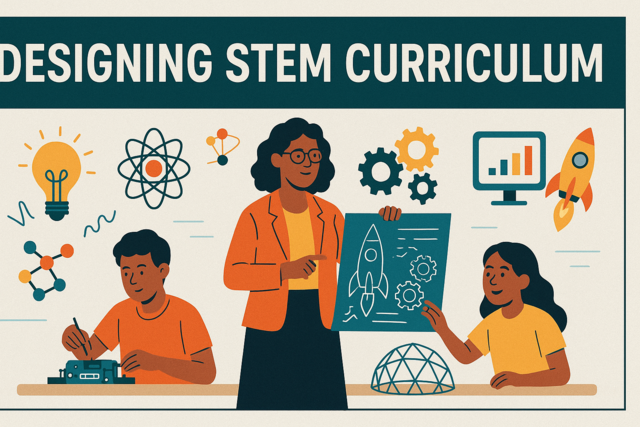 3 hours
0.3 CEUs
Designing STEM Curriculum
+ More Info
3 hours
0.3 CEUs
Designing STEM Curriculum
+ More Info
-
 4 hours
0.4 CEUs
The Love Language Challenge: Transform Your Relationship
+ More Info
4 hours
0.4 CEUs
The Love Language Challenge: Transform Your Relationship
+ More Info
-
 5 hours
0.5 CEUs
Building Bridges: Techniques for Intergenerational Understanding
+ More Info
5 hours
0.5 CEUs
Building Bridges: Techniques for Intergenerational Understanding
+ More Info
-
 3 hours
0.3 CEUs
Effective Literacy Instruction in Early Education
+ More Info
3 hours
0.3 CEUs
Effective Literacy Instruction in Early Education
+ More Info
-
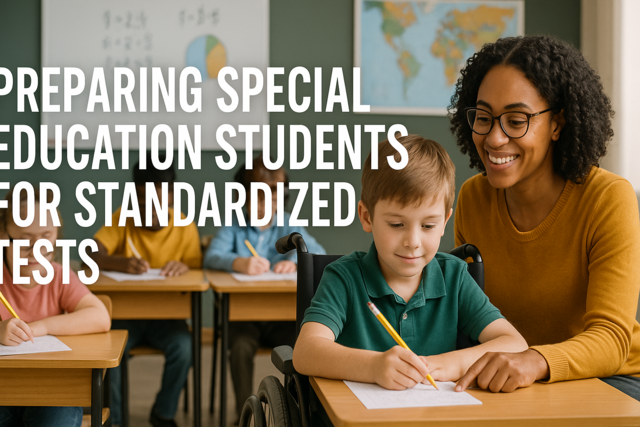 3 hours
0.3 CEUs
Preparing Special Education Students for Standardized Tests
+ More Info
3 hours
0.3 CEUs
Preparing Special Education Students for Standardized Tests
+ More Info
-
 4 hours
0.4 CEUs
Collaboration Skills for Special Education Teams
+ More Info
4 hours
0.4 CEUs
Collaboration Skills for Special Education Teams
+ More Info
-
 7 hours
0.7 CEUs
Vintage Visions: Integrating Past Styles in Modern Luxury
+ More Info
7 hours
0.7 CEUs
Vintage Visions: Integrating Past Styles in Modern Luxury
+ More Info
-
 3 hours
0.3 CEUs
Self-Regulation Strategies for Students with Disabilities
+ More Info
3 hours
0.3 CEUs
Self-Regulation Strategies for Students with Disabilities
+ More Info
-
 4 hours
0.4 CEUs
Elite Ensembles: Crafting Timeless Women's Looks
+ More Info
4 hours
0.4 CEUs
Elite Ensembles: Crafting Timeless Women's Looks
+ More Info
-
 7 hours
0.7 CEUs
Harmony at Home: Techniques for Peaceful Coexistence
+ More Info
7 hours
0.7 CEUs
Harmony at Home: Techniques for Peaceful Coexistence
+ More Info
-
 5 hours
0.5 CEUs
Mindfulness Techniques for Educators
+ More Info
5 hours
0.5 CEUs
Mindfulness Techniques for Educators
+ More Info
-
 3 hours
0.3 CEUs
Transcend Trends: Creating Your Signature Look
+ More Info
3 hours
0.3 CEUs
Transcend Trends: Creating Your Signature Look
+ More Info
-
 6 hours
0.6 CEUs
The Art of Emotional Intelligence: Building Stronger Connections
+ More Info
6 hours
0.6 CEUs
The Art of Emotional Intelligence: Building Stronger Connections
+ More Info
-
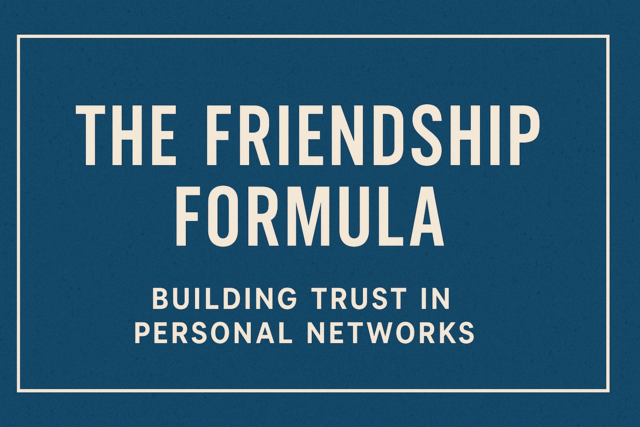 6 hours
0.6 CEUs
The Friendship Formula: Building Trust in Personal Networks
+ More Info
6 hours
0.6 CEUs
The Friendship Formula: Building Trust in Personal Networks
+ More Info
-
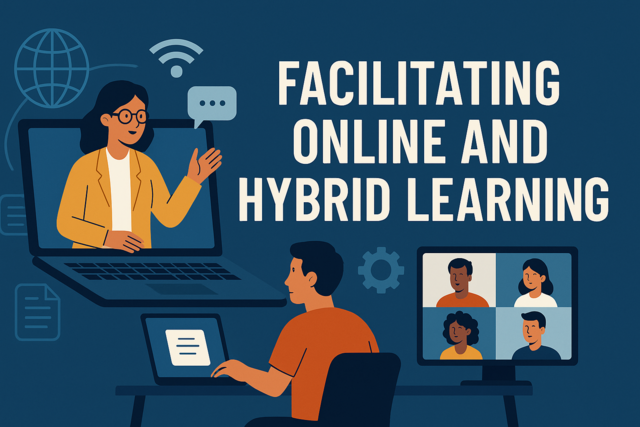 4 hours
0.4 CEUs
Facilitating Online and Hybrid Learning
+ More Info
4 hours
0.4 CEUs
Facilitating Online and Hybrid Learning
+ More Info
-
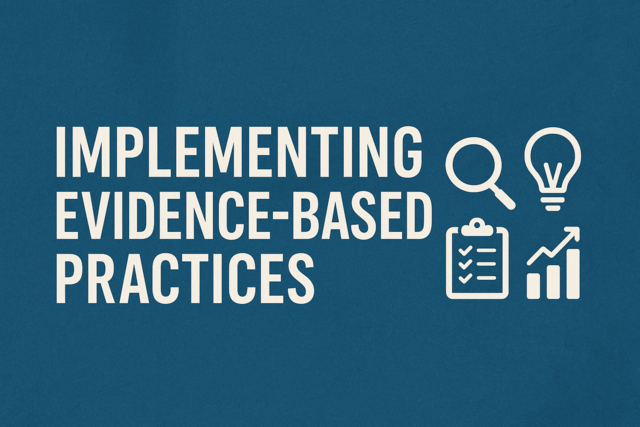 5 hours
0.5 CEUs
Implementing Evidence-Based Practices
+ More Info
5 hours
0.5 CEUs
Implementing Evidence-Based Practices
+ More Info
-
 4 hours
0.4 CEUs
Supporting Students with ADHD: Engagement and Focus Strategies
+ More Info
4 hours
0.4 CEUs
Supporting Students with ADHD: Engagement and Focus Strategies
+ More Info
-
 6 hours
0.6 CEUs
Embracing Digital Transformation
+ More Info
6 hours
0.6 CEUs
Embracing Digital Transformation
+ More Info
-
 6 hours
0.6 CEUs
Redefining Romance: Finding Love Beyond the Fairytale
+ More Info
6 hours
0.6 CEUs
Redefining Romance: Finding Love Beyond the Fairytale
+ More Info
-
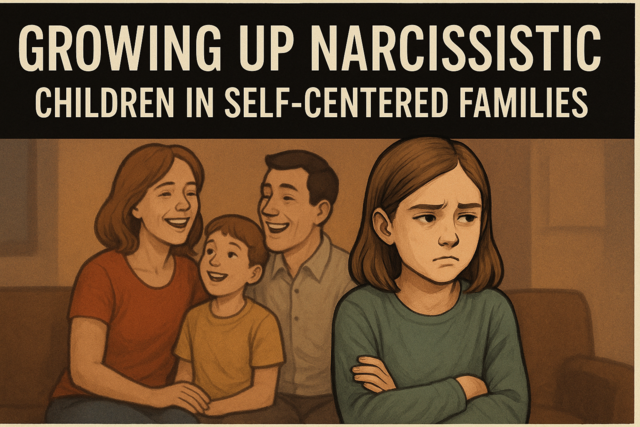 3 hours
0.3 CEUs
Growing Up Narcissistic: Children in Self-Centered Families
+ More Info
3 hours
0.3 CEUs
Growing Up Narcissistic: Children in Self-Centered Families
+ More Info
-
 5 hours
0.5 CEUs
STEAM: Integrating the Arts with STEM
+ More Info
5 hours
0.5 CEUs
STEAM: Integrating the Arts with STEM
+ More Info
-
 3 hours
0.3 CEUs
Education Policy and Reform: Impact and Implications
+ More Info
3 hours
0.3 CEUs
Education Policy and Reform: Impact and Implications
+ More Info
-
 4 hours
0.4 CEUs
Career Development and Planning
+ More Info
4 hours
0.4 CEUs
Career Development and Planning
+ More Info
-
 4 hours
0.4 CEUs
Accident Investigation Techniques
+ More Info
4 hours
0.4 CEUs
Accident Investigation Techniques
+ More Info
-
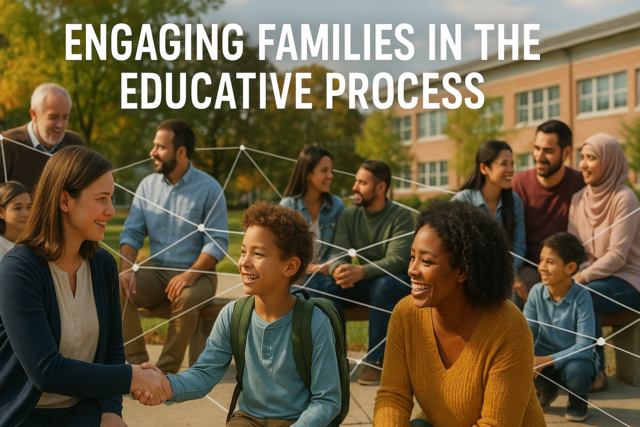 5 hours
0.5 CEUs
Engaging Families in the Educative Process
+ More Info
5 hours
0.5 CEUs
Engaging Families in the Educative Process
+ More Info
-
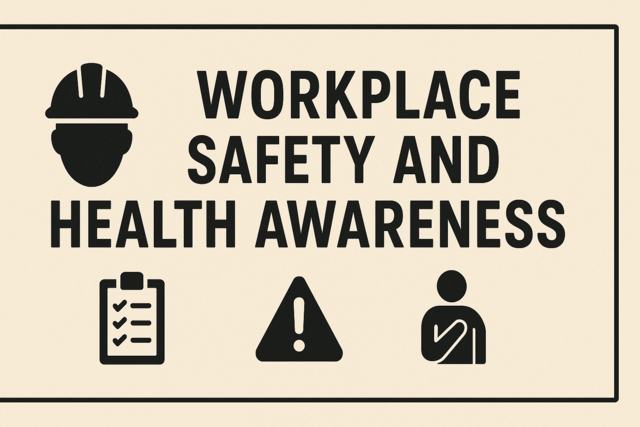 6 hours
0.6 CEUs
Workplace Safety and Health Awareness
+ More Info
6 hours
0.6 CEUs
Workplace Safety and Health Awareness
+ More Info
-
 6 hours
0.6 CEUs
Mysteries of Druidic Lore and Alchemical Practices
+ More Info
6 hours
0.6 CEUs
Mysteries of Druidic Lore and Alchemical Practices
+ More Info
-
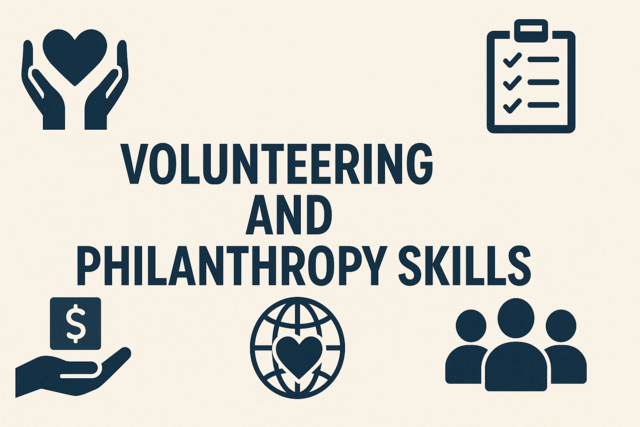 7 hours
0.7 CEUs
Volunteering and Philanthropy Skills
+ More Info
7 hours
0.7 CEUs
Volunteering and Philanthropy Skills
+ More Info
-
 6 hours
0.6 CEUs
Timeless Aesthetics: Navigating Luxury Brand Evolution
+ More Info
6 hours
0.6 CEUs
Timeless Aesthetics: Navigating Luxury Brand Evolution
+ More Info
-
 5 hours
0.5 CEUs
Time Travel Mysteries and Paradoxes
+ More Info
5 hours
0.5 CEUs
Time Travel Mysteries and Paradoxes
+ More Info
-
 5 hours
0.5 CEUs
Creating Engaging Online Content
+ More Info
5 hours
0.5 CEUs
Creating Engaging Online Content
+ More Info
-
 5 hours
0.5 CEUs
Mindful Parenting: Cultivating Patience and Presence
+ More Info
5 hours
0.5 CEUs
Mindful Parenting: Cultivating Patience and Presence
+ More Info
-
 5 hours
0.5 CEUs
Building Emotional Safety Nets: A Guide for Couples
+ More Info
5 hours
0.5 CEUs
Building Emotional Safety Nets: A Guide for Couples
+ More Info
-
 4 hours
0.4 CEUs
Familial Fortitude: Strengthening Bonds from Within
+ More Info
4 hours
0.4 CEUs
Familial Fortitude: Strengthening Bonds from Within
+ More Info
-
 5 hours
0.5 CEUs
Contemporary Luxury: Redefining Modern Fashion
+ More Info
5 hours
0.5 CEUs
Contemporary Luxury: Redefining Modern Fashion
+ More Info


